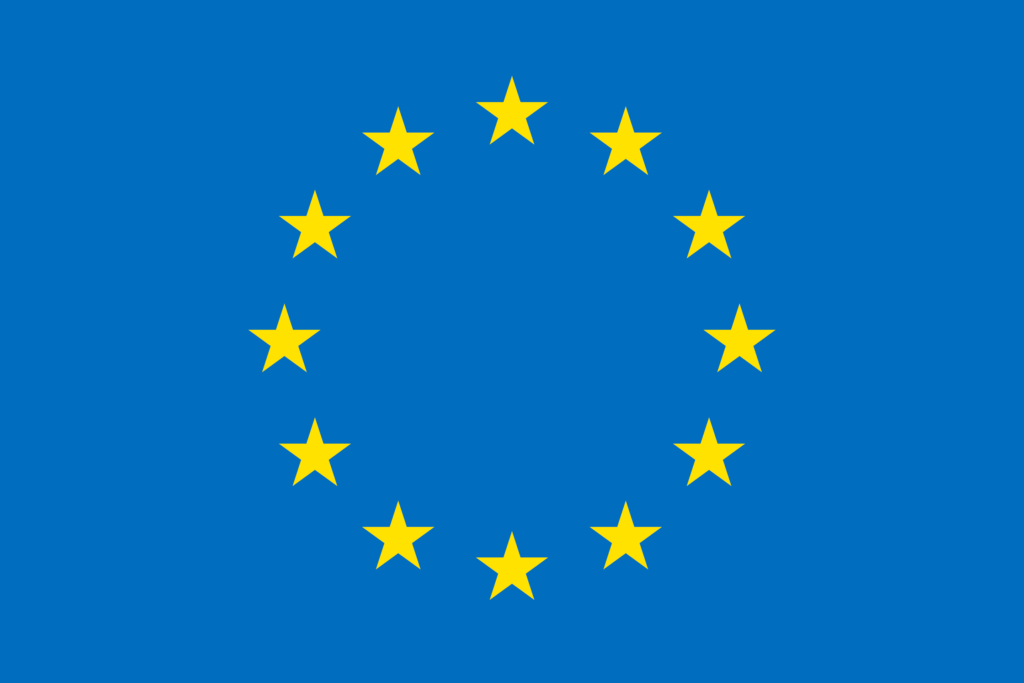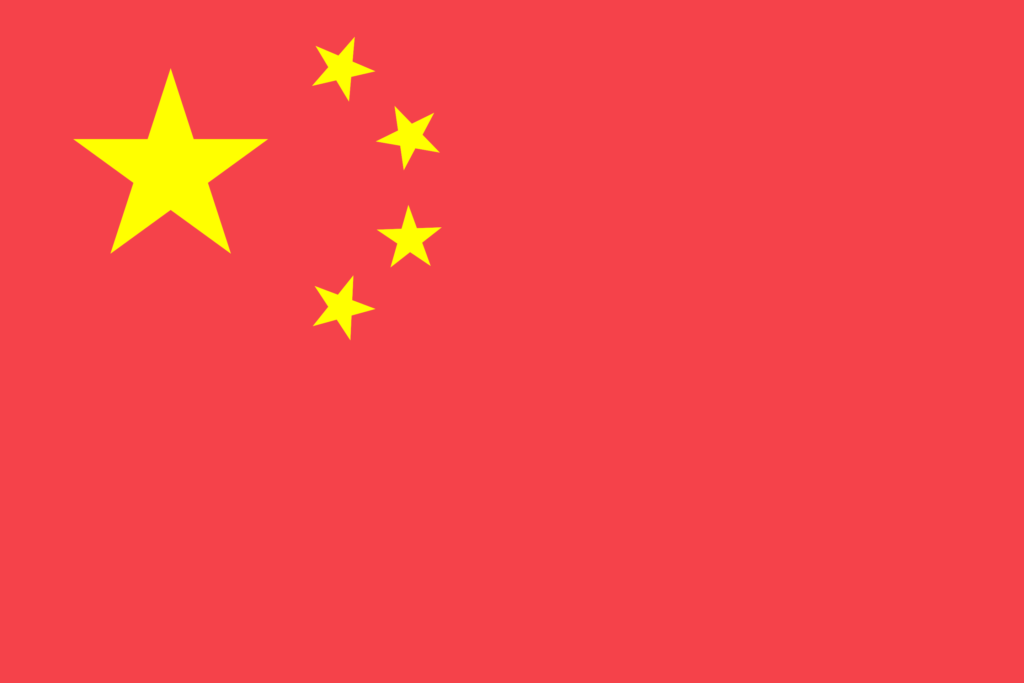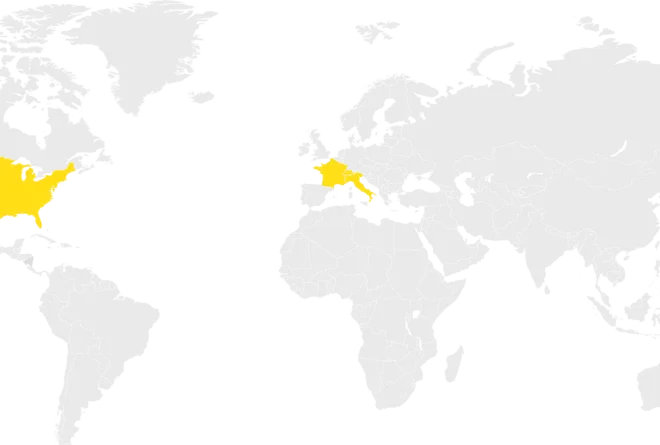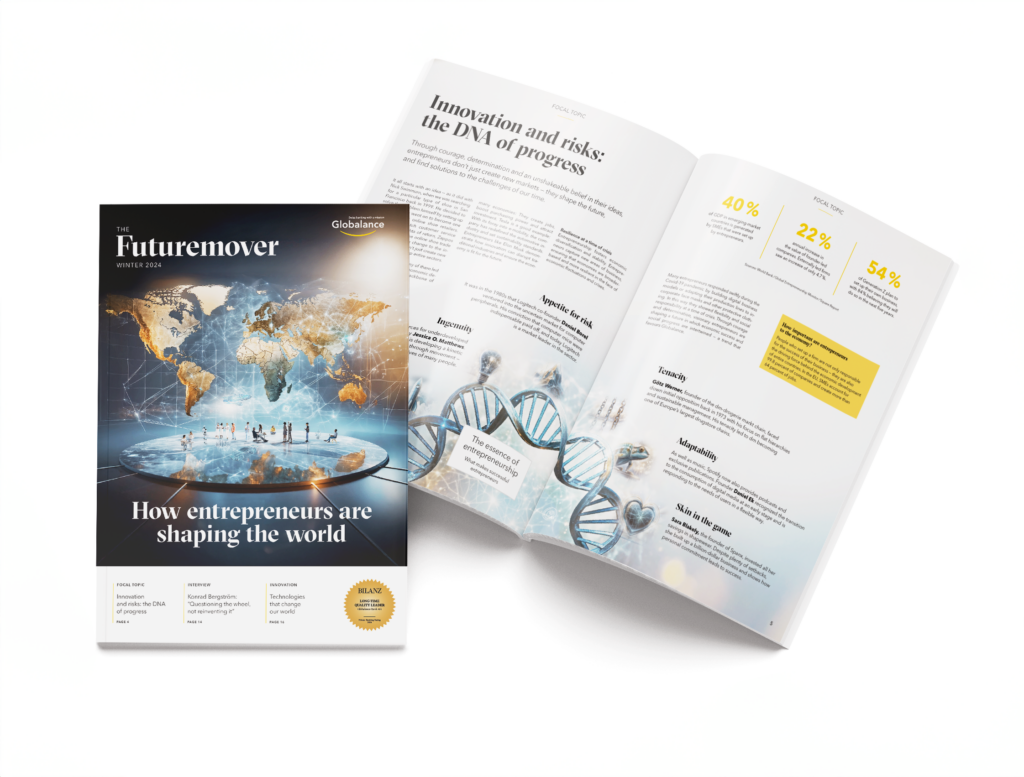News & Trends
The Race for a Sustainable Future

THE EU IS EXPECTING TO SEE INVESTMENTS WITH A VALUE OFSEVERALTRILLION DOLLARS IN CLIMATE-NEUTRAL INDUSTRIES OVER THE YEARS TO COME. IN THE RACE FOR GREEN COMPANIES, HOWEVER, CHINA IS AHEAD, AND THE US IS ATTRACTING BUSINESSES WITH GENEROUS SUBSIDIES. CAN THE EU STILL TAKE THE LEAD?
Swiss solar cells manufacturer Meyer Burger is seeking its fortune in the USA. The land of unlimited opportunities is offering the company higher subsidies in the form of loans and tax cuts than the EU. Meyer Burger plans to build an additional plant in Colorado, qualifying for tax credits of up to USD 1.4 billion over the years to come.These subsidies have been madeavailable through the recent InflationReduction Act (IRA), which intends to reduce greenhouse gas emissions in the USA by 40 per cent by 2030 in comparison with 2005. The IRA creates incentives for the green industry, i.e. for companies that invest in renewable energies. Those benefiting include manufacturers of solar, wind, battery and electric vehicle components.
Can the EU Keep up with the US?
The considerable investments that the Biden administration has enacted are at horn in the side of the EU. The EU is responding with its Green Deal Industrial Plan, so that “Europe’s climate-neutral industry is able to compete”,as explained on the website of the European Commission. The programme provides over EUR 660 billion in EU funding by 2050, with the goal of generating approximately EUR 4 trillion of new, private investment in climate-neutral businesses.
The plan consists of four measures:
- reducing bureaucracy
- faster access to funding opportunities
- training of new professionals
- more open trading relations
There’s a big “but” regarding the trading relations, though. Knowing that other industrialised countries are also fighting to attract green companies with subsidies worth billions, the EU wants to “prevent undesirable side effects in the competition for its own net-zero industry”, according to a report by the EU Commission. It therefore wants to use the “protective instruments” at its disposalso as to secure the single market. The need for protectionist measures of this kind is illustrated with the example of solar cell manufacturer Meyer Burger. The company recently suffered major losses in revenue because the EU market has been flooded with cheap solar products from China.
Europe wants to become the first climate-neutral continent.

European Union
A competitive and the first climate-neutral continent by 2050:
such is the ambitious goal of the European Green Deal. With
investments of over EUR 660 billion by the EU member states,
this goal should also be achieved.
United States
The USA is aiming to reduce its greenhouse gas emissions by 40 percent by 2030 in comparison with 2005. To this end, the government is making nearly USD 400 billion available by 2030 under the Inflation Reduction Act.


China
China has been investing in the green industry for a long time and wants to maintain its leading position in the future: the People’s Republic therefore intends to invest over USD 280 billion in clean technologies by 2025.
China Is in the Lead —But for How Much Longer?
In recent years, China has taken the lead in the battle for “green supremacy”. The country is now a powerful competitor to the US and the EU in the environmental technology industry. China has supported its green industry with subsidies which — in terms of gross domestic product — were twice as high as those in the EU for a long time. According to the EU Commission this has distorted the market, and means that the production of many green technologies is currently dominated by China. It is therefore unsurprising that the EU has set itself this ambitious goal of catching up with China and the USA at the economic, geopolitical and environmental levels, and, in its own words, of becoming the first climate-neutral continent.
The Living Spaces of Tomorrow
With its Green Deal, the EU is creating the foundations for the future in order to develop green infrastructure and thereby both conserve existing habitats and create new ones. Although the EU has also talked about protectionist measures, especially towards China, its long-term goal is to create a global Green Deal. After all, if the EU succeeds in implementing its Green Deal and establishing it as a model for a social consensus, responding successfully to the global environmental crisis while achieving economic success at the same time, this could also influence other governments. This will create a positive outlook for the way in which we will live tomorrow.
THE GLOBALANCE VIEW
From an investor’s perspective, decarbonising our economy and society is one of the greatest investment opportunities per se. The four areas of energy efficiency, renewable energy sources, energy storage and distribution, and decarbonisation, in the form of CO2 capture, for example, are particularly promising. Companies that successfully position themselves in these niches with innovative products and services can expect annual growth rates of 15 to 30 %, which makes them attractive investments in the longterm. At the same time, investors should make sure they do not have any CO2-intensive investments in their portfolios. These will come under increasing pressure in terms of the net zero targets.
Ready to make a sustainable investment in your future? Discover our offers for private customers and leave a positive footprint.



